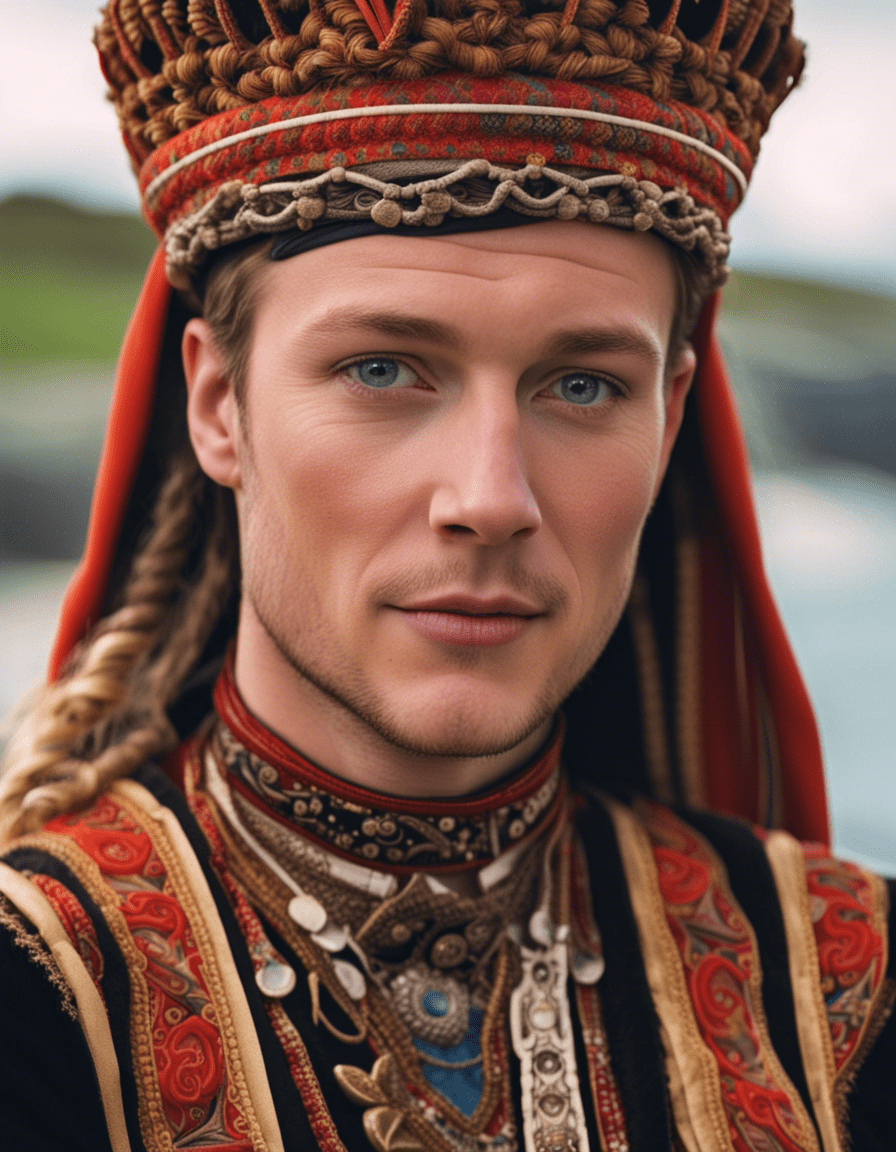
The Isle of Man, also known simply as Mann, is a self-governing British Crown dependency situated in the Irish Sea between Great Britain and Ireland. The head of state, Queen Elizabeth II, holds the title of Lord of Mann and is represented by a Lieutenant Governor. The United Kingdom is responsible for the island’s military defence.
The Isle of Man is located in the middle of the northern Irish Sea, roughly equidistant from England, Northern Ireland, Scotland, and Wales. The island is 52 kilometres (32 miles) long and, at its widest point, 22 kilometres (14 miles) wide. It has a total area of 572 square kilometres (221 square miles). The island’s landscape is varied with rugged cliffs, sandy beaches, and two mountainous areas.
As of 2020, the Isle of Man has a population of approximately 85,000 people. The largest town on the island is Douglas, and it serves as the island’s capital. The majority of the population is of Manx (native to the Isle of Man) descent, but there is also a significant portion of residents who have moved to the island from England, Scotland, and Ireland.
The official and most commonly spoken language on the Isle of Man is English. Manx Gaelic, the island’s native language, has been officially recognised as a legitimate language, although it is spoken by a very small minority. The government has made efforts to revive the language in recent years, including offering Manx Gaelic language classes in schools.
The Isle of Man has a strong economy with a high standard of living. It is a low-tax economy with no capital gains tax, wealth tax, stamp duty, or inheritance tax. The economy is dominated by the service sector, which accounts for more than 80% of the island’s GDP. Key sectors include insurance and eGaming which each contribute 17% of the GDP, followed by banking and ICT at 9% each.
The Isle of Man has a well-developed education system. Education is compulsory for children aged between 5 and 16. The island has 32 primary schools and 5 secondary schools. The Isle of Man College is the primary centre for tertiary, vocational education and higher education on the island. The University College Isle of Man and the International Business School also offer higher education courses.
The Isle of Man has a rich cultural history with Celtic and Norse influences. The island is known for its traditional music, folk dancing, and its annual festivals such as the Isle of Man TT (Tourist Trophy) motorcycle races. The Manx Museum in Douglas provides a deep insight into the island’s 10,000-year history.
| Cookie | Duration | Description |
|---|---|---|
| cookielawinfo-checkbox-analytics | 11 months | This cookie is set by GDPR Cookie Consent plugin. The cookie is used to store the user consent for the cookies in the category "Analytics". |
| cookielawinfo-checkbox-functional | 11 months | The cookie is set by GDPR cookie consent to record the user consent for the cookies in the category "Functional". |
| cookielawinfo-checkbox-necessary | 11 months | This cookie is set by GDPR Cookie Consent plugin. The cookies is used to store the user consent for the cookies in the category "Necessary". |
| cookielawinfo-checkbox-others | 11 months | This cookie is set by GDPR Cookie Consent plugin. The cookie is used to store the user consent for the cookies in the category "Other. |
| cookielawinfo-checkbox-performance | 11 months | This cookie is set by GDPR Cookie Consent plugin. The cookie is used to store the user consent for the cookies in the category "Performance". |
| viewed_cookie_policy | 11 months | The cookie is set by the GDPR Cookie Consent plugin and is used to store whether or not user has consented to the use of cookies. It does not store any personal data. |